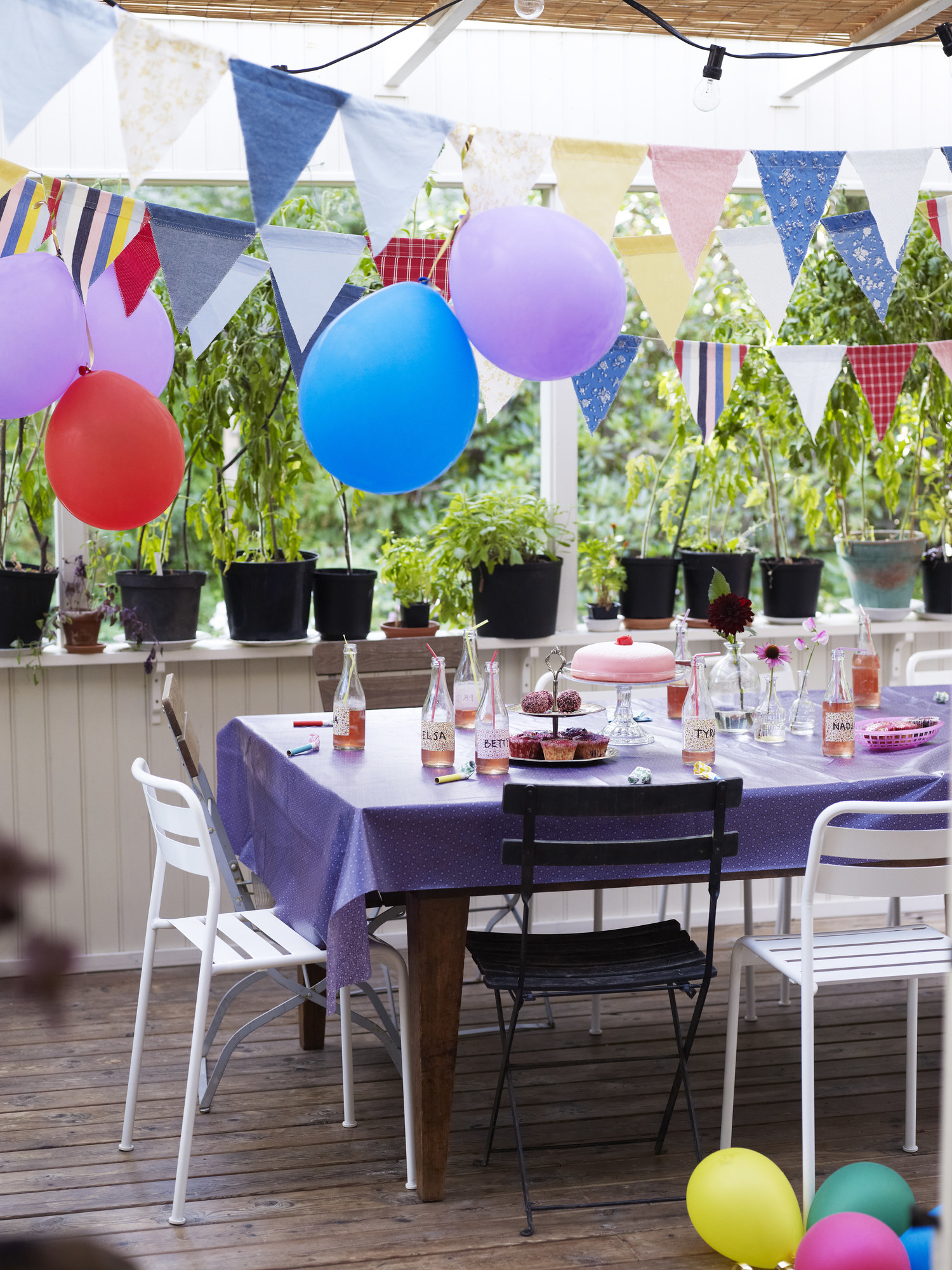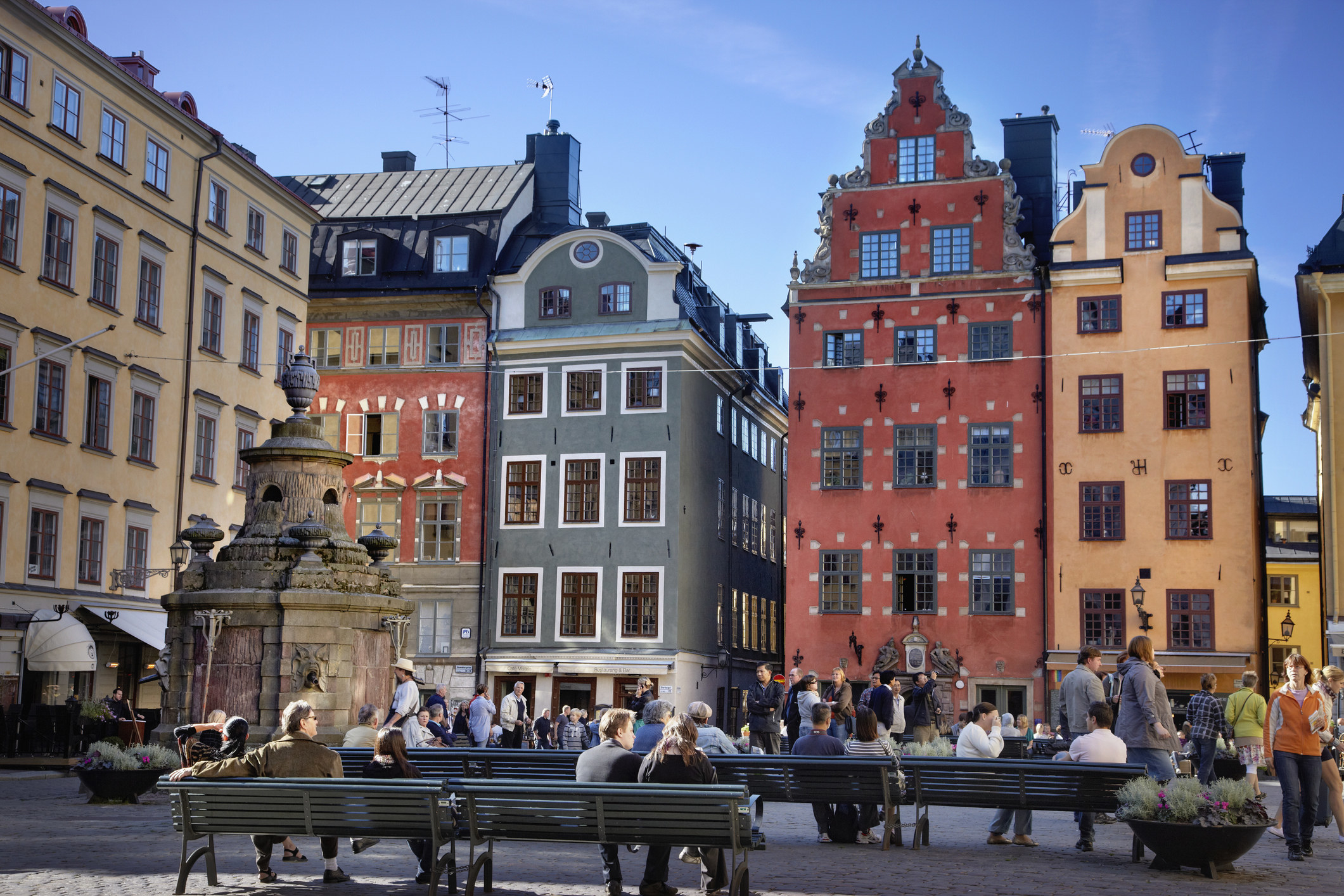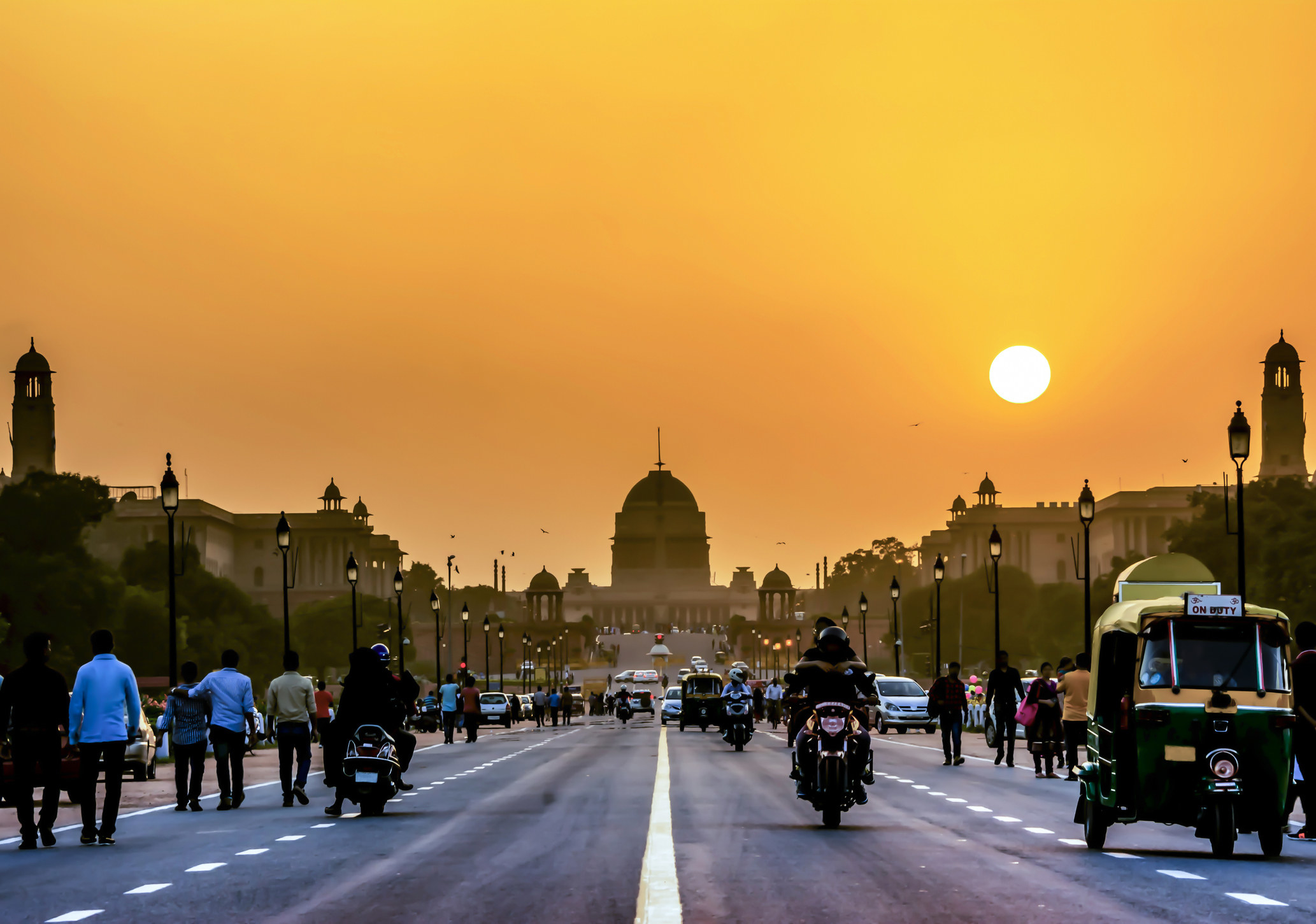Part of what makes the world such a fascinating place are the diverse cultures that inhabit it, each with its own languages, traditions, and norms. So redditor u/yahyahashash asked, "What is something you discovered about a different culture or religion that completely blew your mind?" Here are some of the responses.
1. "There’s a Micronesian island called Pingelap where most of the inhabitants are colorblind. They know when fruit is ripe by the smell. This fact gave me a new understanding of how people see the world and the different pathways cultures take to solve the same problems."

2. "In Japan, a no-tipping policy is seriously enforced. I was in Japan taking a cab to an important event to which I was running late. I still remember the total cost of my fare: 3,481 yen. Since I was in a hurry, I grabbed 3,500 yen and hastily gave it to the driver before dashing out the door. I made it about 10 meters before I heard someone calling after me. I turned around, and the cabdriver had gotten out of his car to return the 19 yen (about 19 cents) that I'd left behind."

3. "It's very common for Nordic people to leave small children outside to nap outside, even during winter. The general idea is that fresh air is good for you, so kids should be outside as much as possible. In some places you can see whole rows of baby carriages with sleeping babies parked outside kindergarten classrooms."

4. "In Middle Eastern culture, complimenting someone about something may result in them offering that thing to you. For example, if you were to compliment someone for a watch, they might take it off and give it to you."

5. "In Turkish, there's a so-called gossip tense, which is a specific kind of past tense that indicates that someone else told you this."

6. "In Filipino culture, it's customary to treat your friends to things on your birthday, which is different from other cultures, where you are usually treated to things on your birthday."

7. "Mandarin, Cantonese, and other Chinese dialects are mutually unintelligible to one another, but the written language is exactly the same. Two Chinese people speaking different dialects would have no idea what the other is saying, but they could communicate perfectly by writing."

8. "In Sikhism, the turban is a symbol of total equality. Before Sikhism became the religion it is today, the turban was worn only by members of the wealthy upper class. But the Sikhs donned turbans to show people that everyone is truly wealthy in spirit, and it is the duty of all people — rich and poor — to help one another. Now the Sikh turban is a symbol of equality in humanity, and a sign that that person can be turned to for help."

9. "Many aspects of Hawaiian and other Polynesian languages are unusual for foreigners. There are no gendered pronouns. There are three genders: male, female, and māhū (which contains aspects of both). Also, nouns can be used as verbs, and verbs can be used as nouns. For example, the word 'hau' can mean both snow and the way snow falls, even if it's applied to another object falling that way. The language is rich with metaphors, poetry, and innuendo, and it's vastly different from Romance languages."

10. "In South Korea, there is virtually no crime. One can leave a phone, wallet, keys, or any valuables on an unattended table in a crowded bar and they won't be stolen. People are governed by a deep sense of honesty and trust in others."

11. "In Iceland, baby names must come from the official register of approved names. Parents who want to choose a different name must request permission from the 'Naming Committee' first. There are a few legal requirements, including the rule that names must 'conform to the Icelandic language.'"

12. "In the Netherlands when someone celebrates a birthday, we congratulate everyone that is present at the party. Say, for example, it's John's birthday party. People arriving at the party will congratulate everyone in the room by saying, 'Congratulations on John's birthday' or just 'Congratulations' ('Gefeliciteerd!')."

13. "In Nordic countries, when someone asks how you are, you are expected to respond to the question truthfully — otherwise, asking the question in the first place is pointless. For example, one might respond, 'I'm sad because I lost my job' or 'I am in pain because my back has been killing me.' It sounds disingenuous when you simply respond with 'Good.'"

14. "I taught English in a middle school in South Korea, and while roaming around the hallways, I found that lots of students of the same gender often held hands. Girls held hands with girls, and boys with boys. They were just friends, and there were absolutely no homophobic labels applied to it."

15. "In the Dutch language, there's a word called 'gezellig,' which doesn't exactly translate but can best be described as a sense of coziness that you can see and feel. It's used to express the feeling of meeting up with friends or family and having a good time."

16. "The Pirahã people in the Amazon have no relative directions, only absolute directions such as 'down the river,' 'up the river,' 'toward or away from the river.' When they visit a new town, one of the first things they do is identify where the river is."

17. "In Jainism, Jain monks, nuns, and some followers avoid eating root vegetables such as potatoes, onions, and garlic because tiny organisms are injured when the plant is pulled up from the ground. In addition, a bulb or tuber's ability to sprout is seen as characteristic of a higher living being."

18. "In India, there are around 270 languages that are identified by the government as main languages. But there are more than 1,600 dialects and mother tongues that are spoken in different communities. In terms of languages spoken, India is like a continent in itself."

19. "The concept of age in Korea is one or two years older than 'international age.' Koreans consider the time one spent in the womb to be the first year of life. As such, each Korean gains an additional year on top of their actual age."

20. "In Rhineland, Germany, there is a holiday ritual where, during the middle of the night, a man gathers his friends and strips a birch tree of its branches. He decorates it and writes the name of a romantic interest, then anonymously straps the tree to the house of his crush."

21. "In Armenia, cigarettes are communal because they're so cheap. If there's a pack on a table, anyone is welcome to take one."

22. "In Switzerland, when you pick up the phone, there's a routine that must continue before you begin talking or hang up. You can't just say goodbye and end the call. Rather, you will spend a good few minutes saying goodbye and wishing the other a good day, evening, weekend, etc., and then going back and forth saying 'Thank you and 'You're welcome.' Eventually, you will both say 'Tschüs' and then finally hang up."

23. "In Japan, people have stamps instead of signatures. It’s a whole process to procure one and then have it registered as your official signature."

24. "In Chinese culture, it's considered weird and offensive to use formal or polite language around the people who are closest to you. For example, it would be very strange to say the equivalent of 'thank you' to a family member who passed you a dish at a meal. You show your intimacy with others by using brief, informal speech. Using polite speech puts distance between you."

25. "In the Russian language, theres a word, 'тоска' (pronounced 'toska'), and its meaning is very difficult to translate into English because it has such a deep cultural context. Depending on how it's used, it can mean a sort of heart-wrenching, painful longing or a sense of nostalgic wistfulness, sometimes for something you don’t even know."

26. "In Japan, there are almost no public garbage bins, yet the streets are impeccably clean. Rather than rely on public garbage bins, people carry bags to bring their garbage home with them."

What's a fascinating fact you've heard about another culture, country, or religion? Tell us in the comments below.
Note: Some responses have been edited for length and/or clarity.
